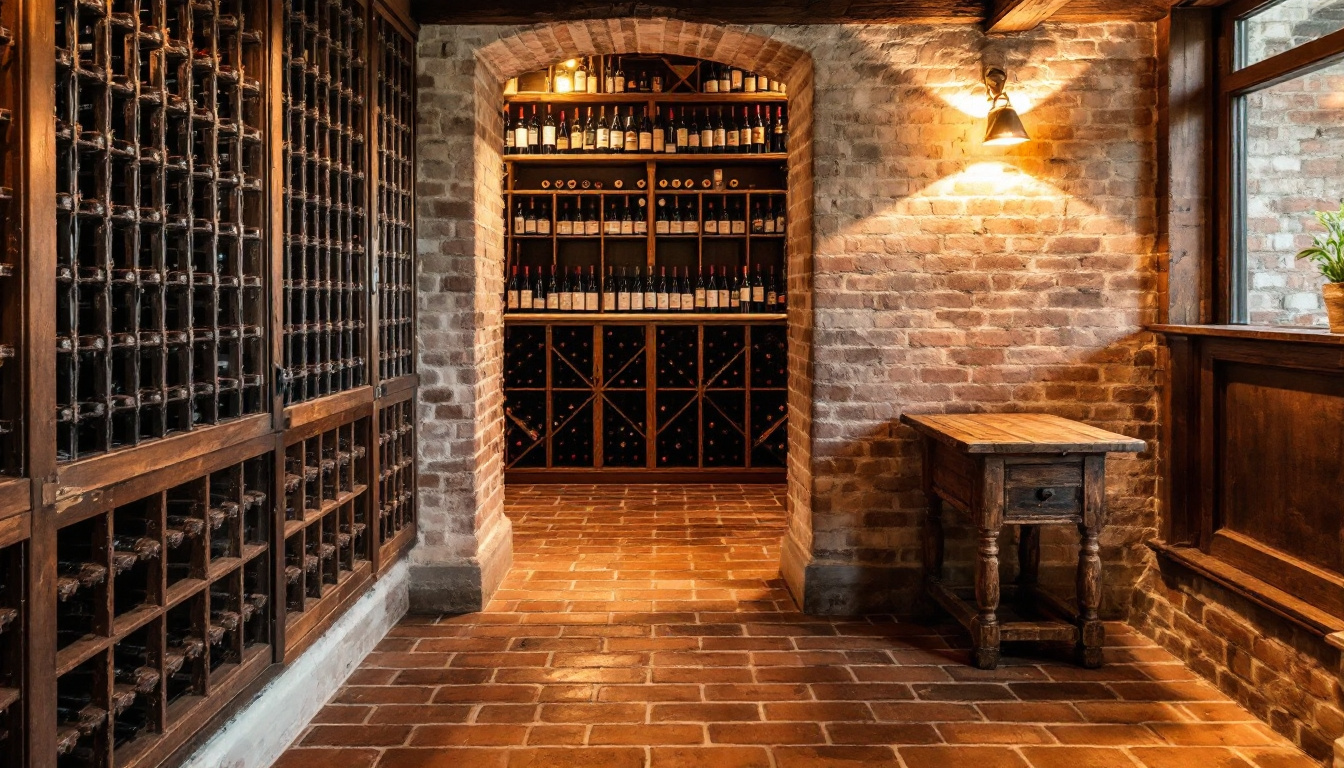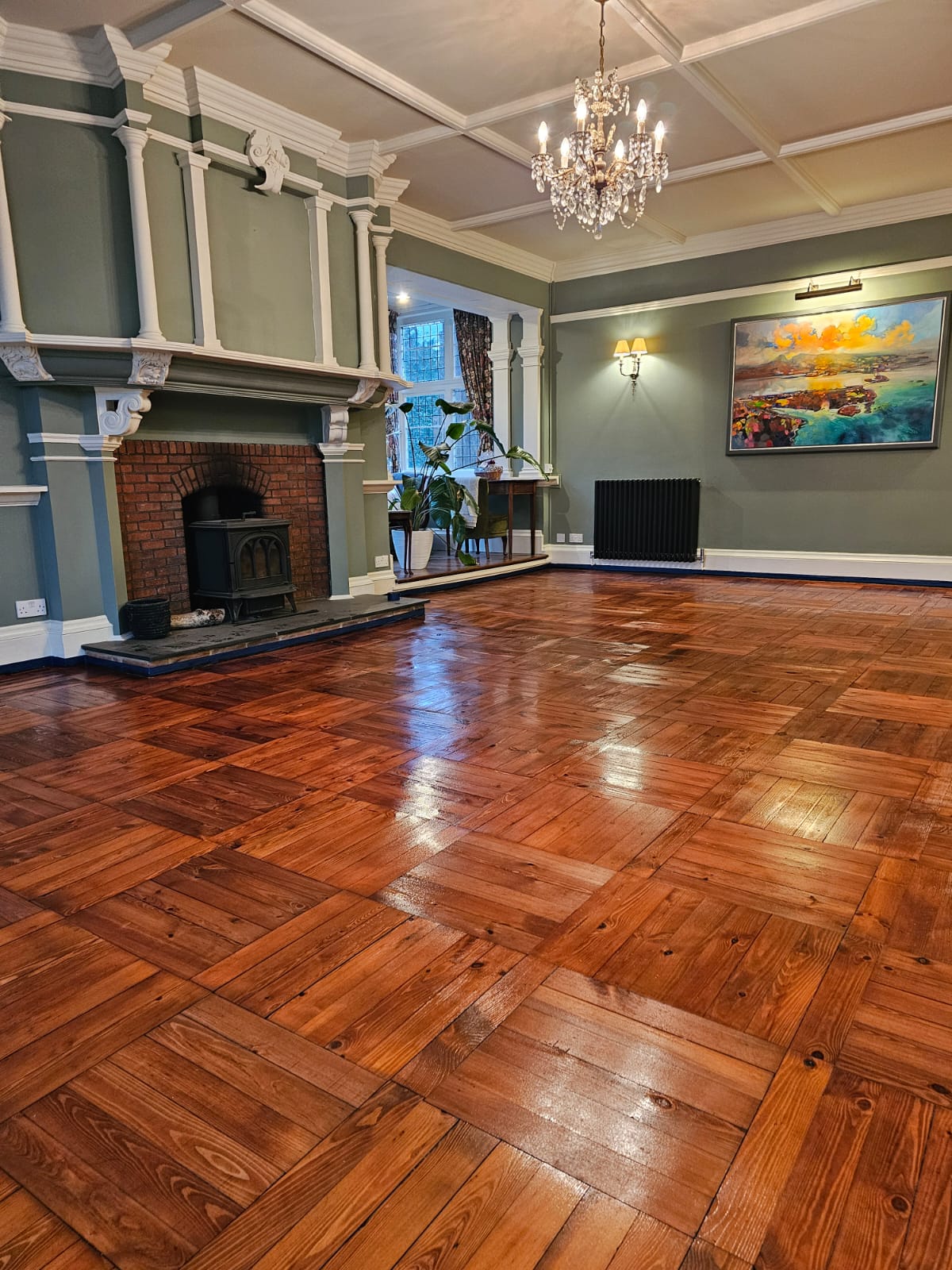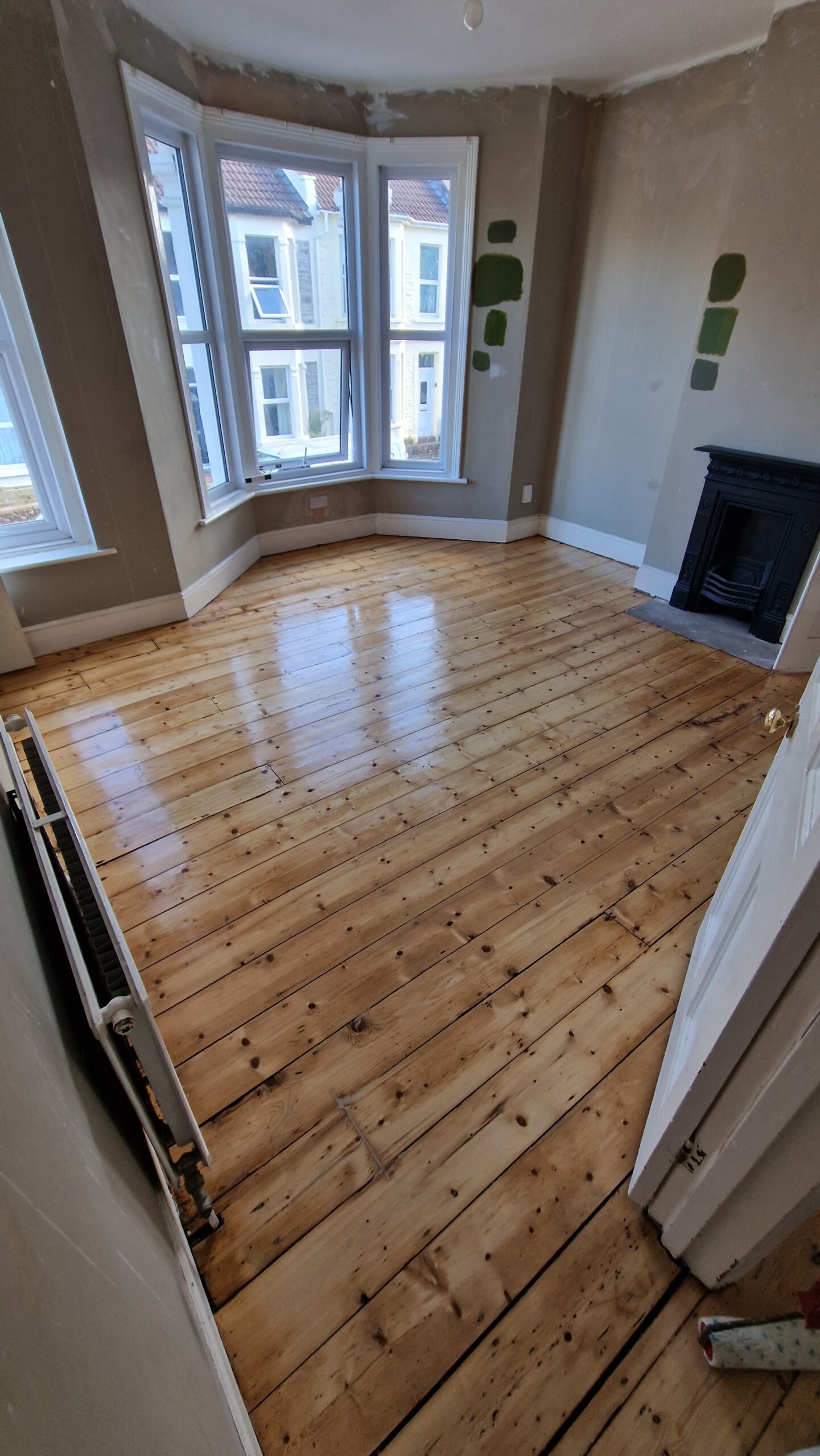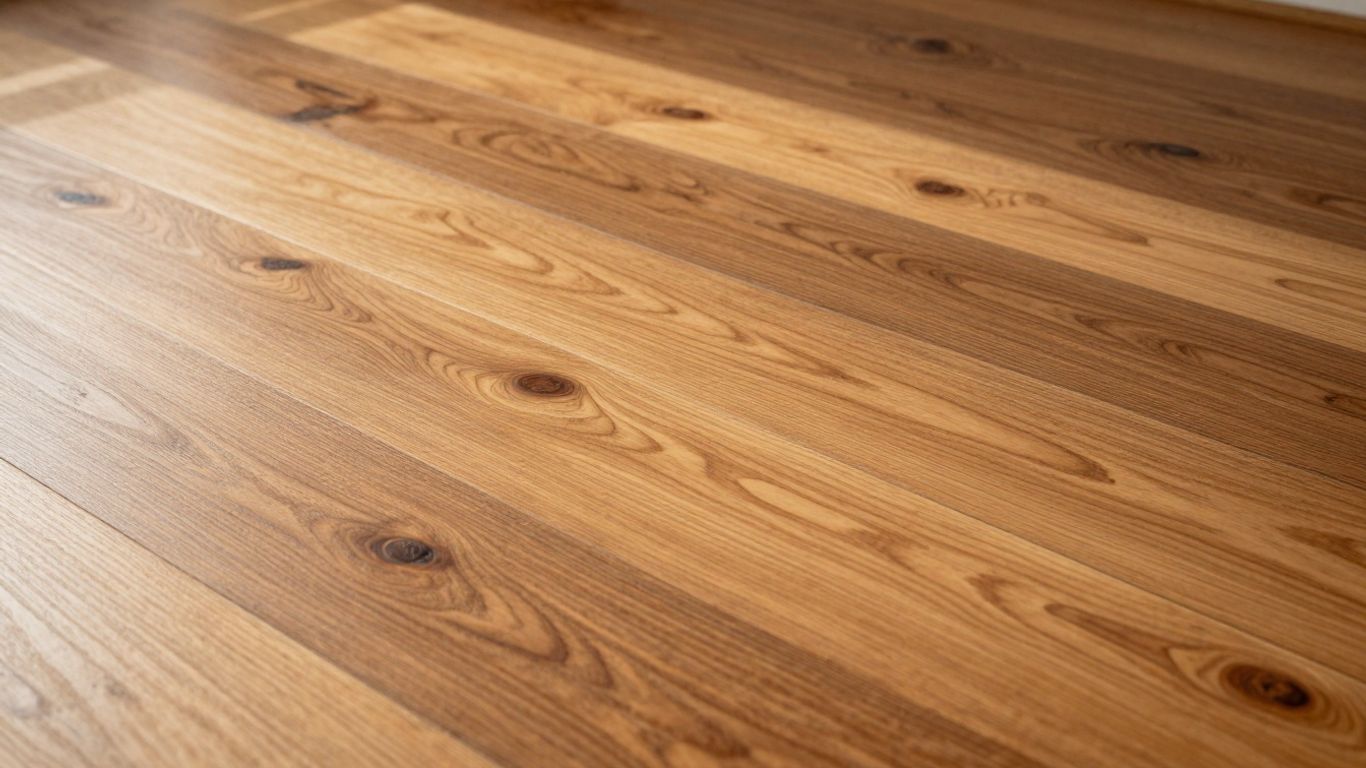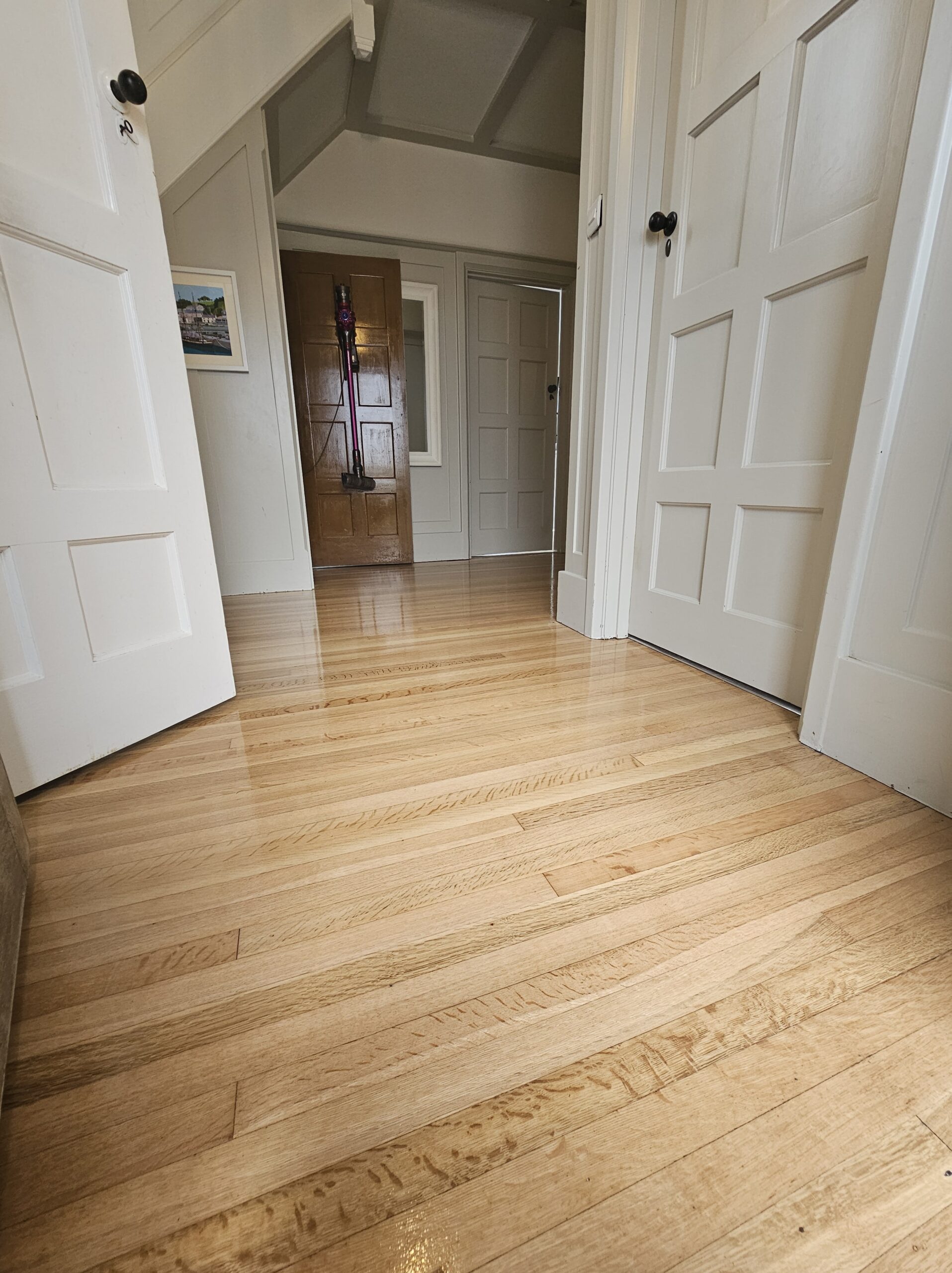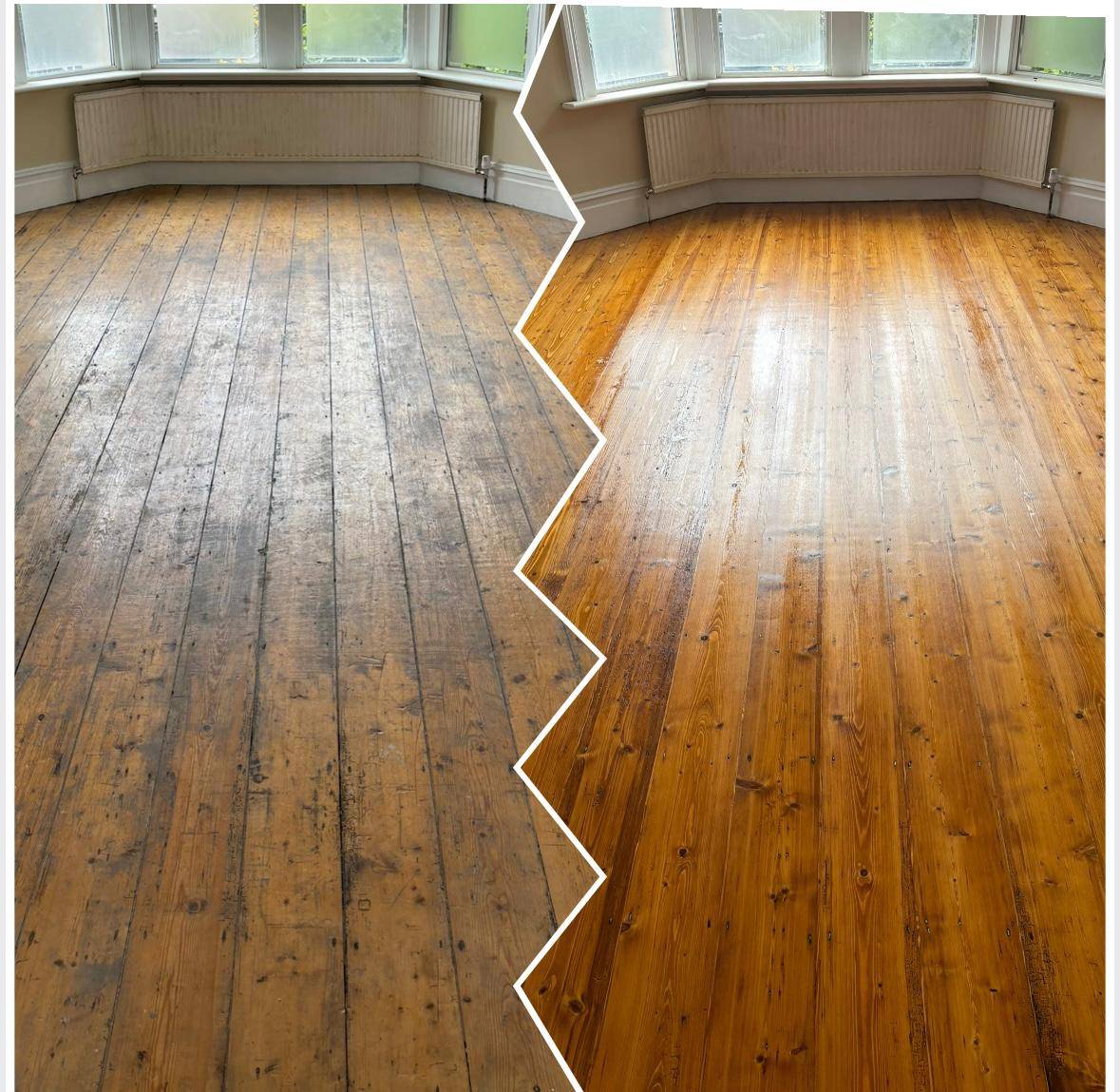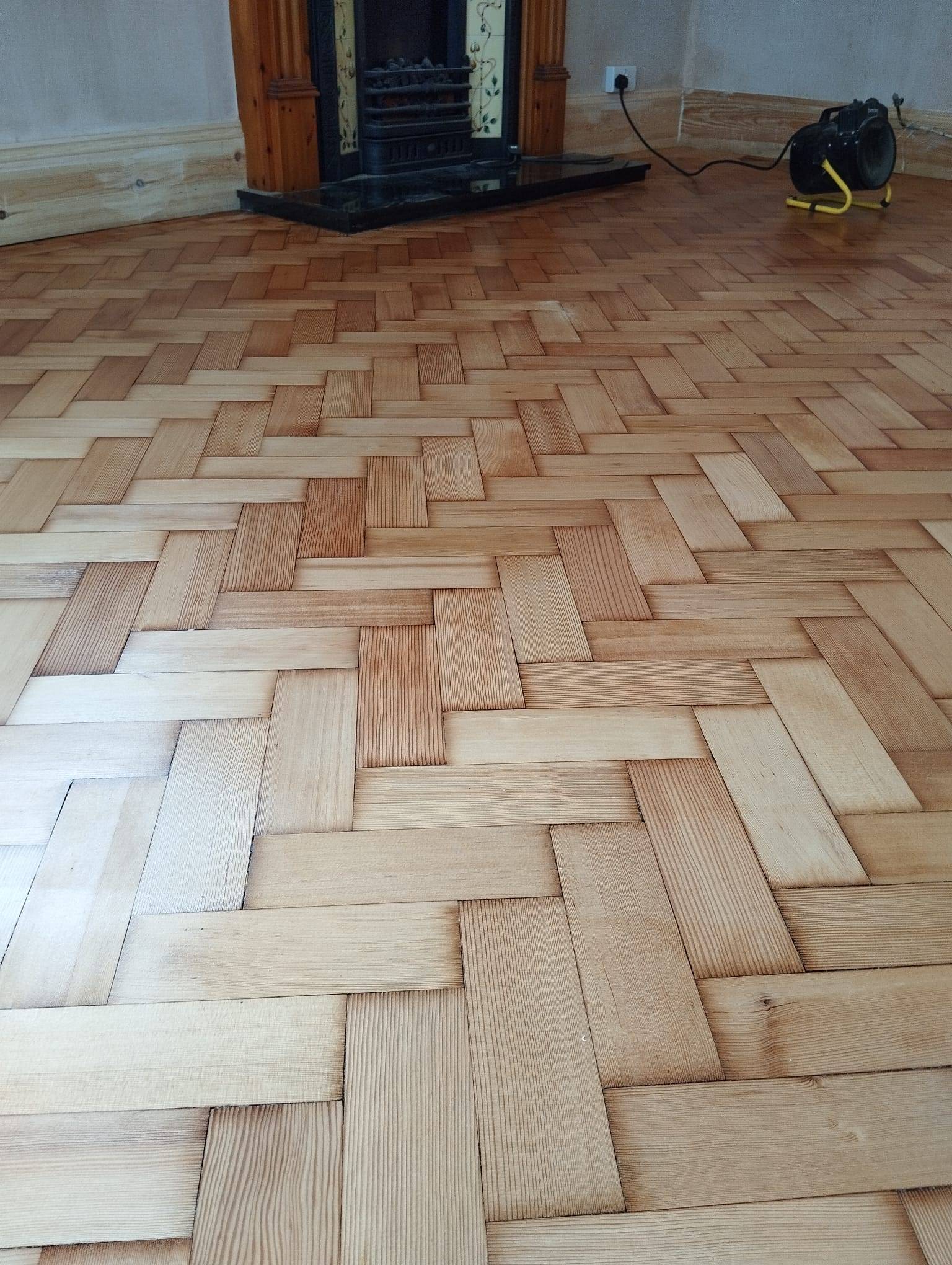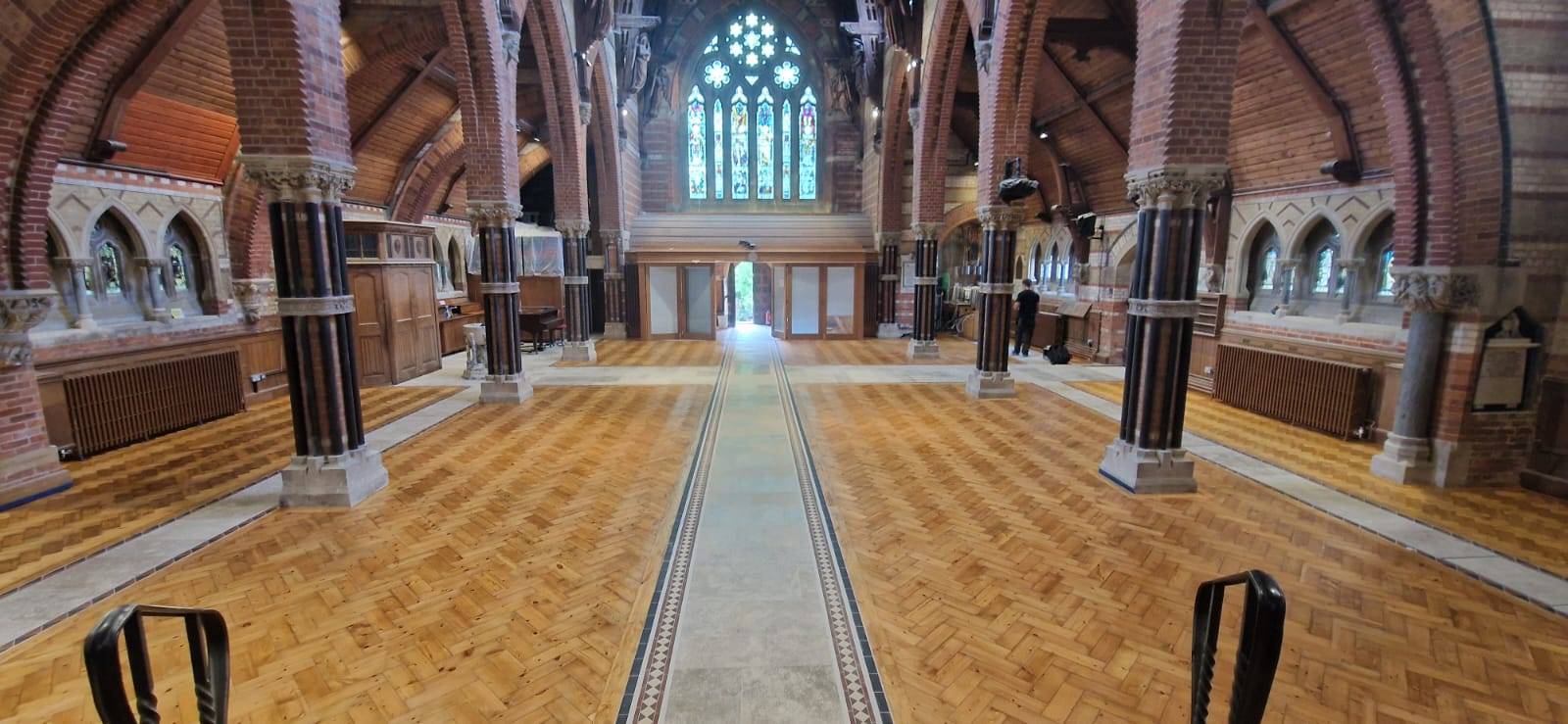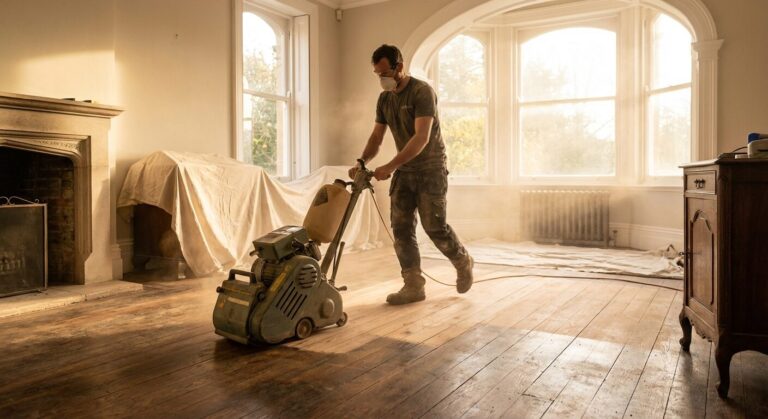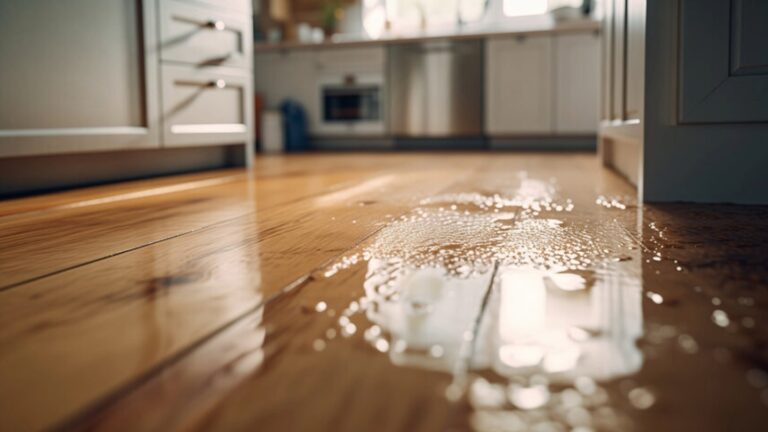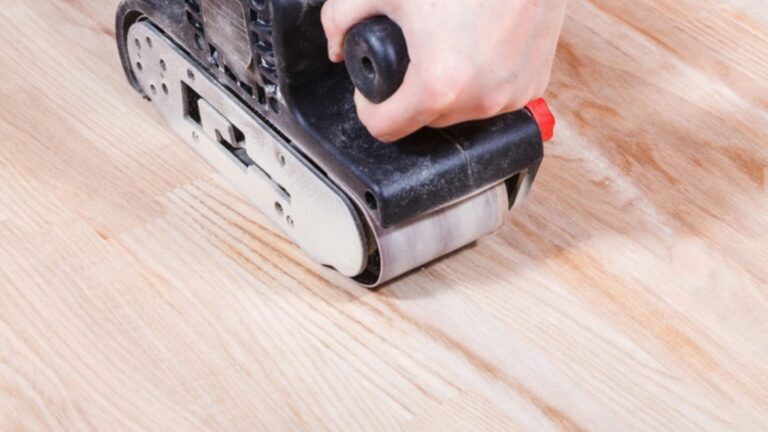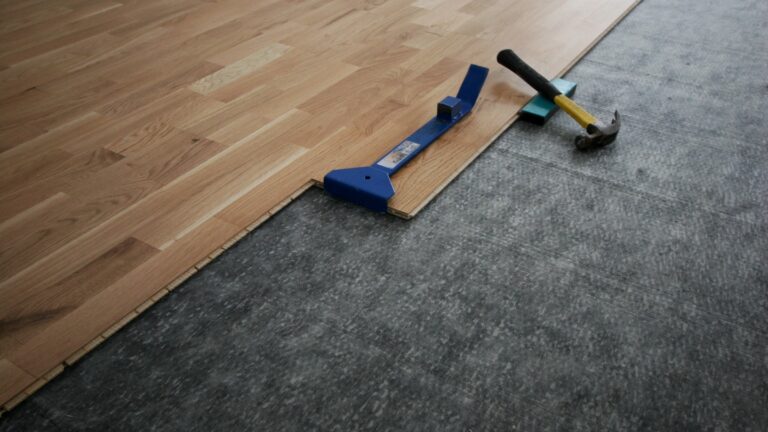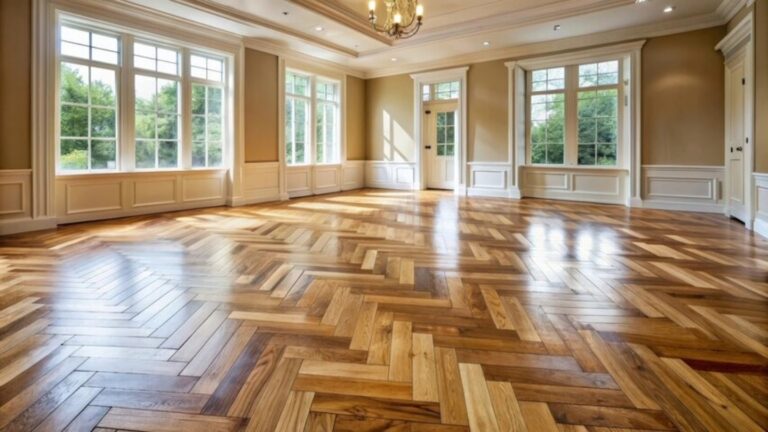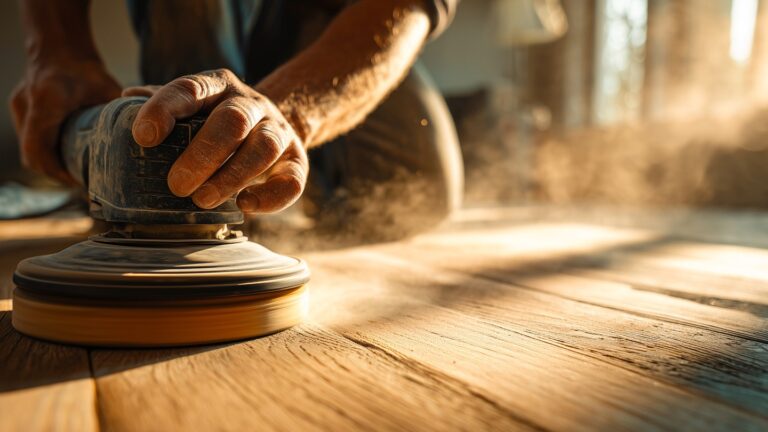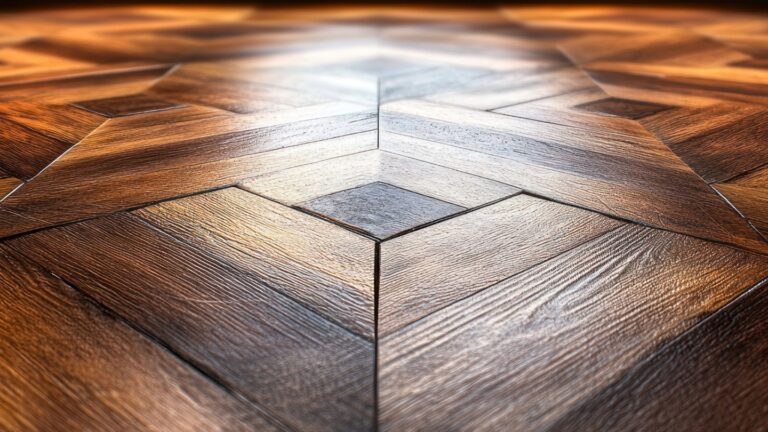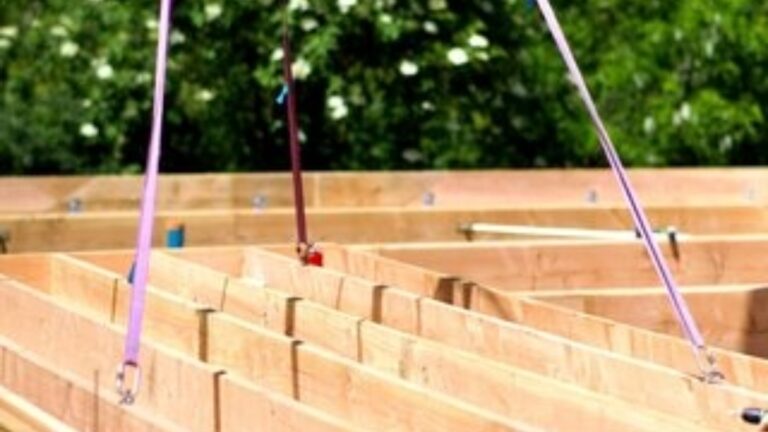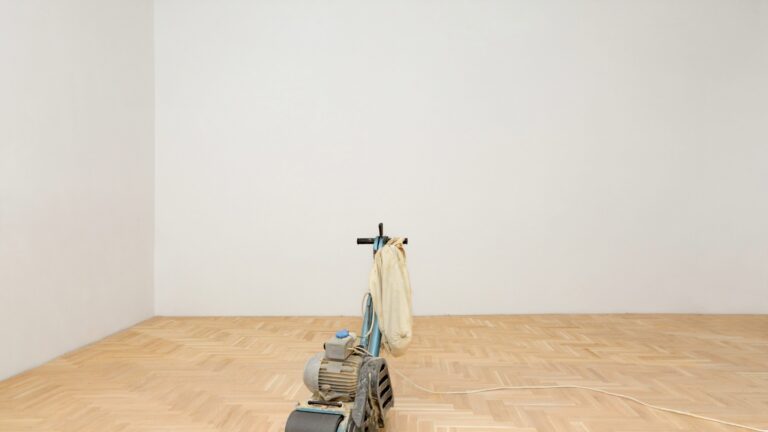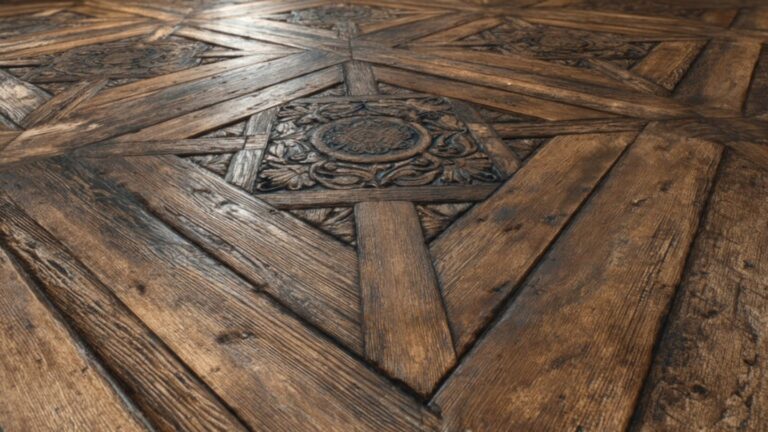Are your beloved wine bottles ageing gracefully, or are they in danger of spoilage due to inadequate humidity control? The answer lies beneath your feet—your wine cellar flooring. Managing the intricate balance of humidity is vital in safeguarding your collection, and specialised flooring solutions are an essential part of this equation. Dive into this article to explore how the right choice of flooring can master the art of humidity control, preserving your wine’s quality and enhancing its longevity. Discover how proper flooring solutions can protect cork integrity, prevent wine oxidation, and optimise your cellar’s environment.
Understanding the Importance of Wine Cellar Flooring
Maintaining ideal humidity levels in wine cellars is vital for preserving wine quality, as it ensures the integrity of corks and prevents oxidation. Ideal humidity levels range from 50% to 70%, which helps keep the corks moist and elastic, thus preventing air from entering and spoiling the wine. Correct humidity not only preserves the wine but also enhances its ageing process, allowing collectors to maintain the desired flavour profiles over time.
- Cork shrinkage leads to air penetration and wine spoilage.
- Mould growth can occur on corks and labels due to excessive humidity.
- Oxidation affects the taste and aroma of wine when humidity is too low.
- Label damage from mould or moisture can devalue wine collections.
- Structural damage to the cellar from persistent dampness.
Flooring plays a significant role in managing cellar humidity, as it acts as a barrier against moisture ingress from the ground. Materials like stone, tile, and sealed concrete are preferred due to their moisture resistance and ease of cleaning, making them ideal for maintaining stable humidity levels. Improper flooring can lead to issues such as mould and cork damage. By choosing the right flooring materials, one can effectively prevent moisture build-up, reduce maintenance needs, and ensure that wine collections remain in optimal condition.
Flooring Materials for Humidity Control
Choosing the right flooring material for a wine cellar is crucial for maintaining optimal humidity levels and ensuring the longevity and quality of the wine stored within. The most popular options include stone, tile, and sealed concrete, each offering unique benefits and considerations.
Stone and Tile Flooring
Stone and tile flooring are renowned for their durability and exceptional moisture resistance, making them ideal for wine cellars. These materials can withstand the test of time, even in the damp environments often found in cellars. Their resistance to moisture helps prevent mould growth and maintains stable humidity levels, protecting wine collections from spoilage.
However, the cost of stone and tile can be a significant factor. They are often more expensive than other options, both in terms of material and installation. Despite the higher initial investment, their long lifespan and minimal maintenance needs can offset these costs over time, making them a sound investment for serious wine enthusiasts.
Sealed Concrete
Sealed concrete is another popular choice due to its cost-effectiveness and ease of maintenance. It provides a robust and waterproof surface that is well-suited to the humid conditions of wine cellars. While generally more affordable than stone or tile, sealed concrete requires periodic resealing to maintain its moisture-resistant properties.
The maintenance of sealed concrete is straightforward, involving simple resealing processes to ensure its durability and effectiveness. This makes it an attractive option for those looking to balance cost with functionality in their wine cellar flooring.
| Material | Pros | Cons |
|---|---|---|
| Stone and Tile | Durable, moisture-resistant, long-lasting | High-cost, expensive installation |
| Sealed Concrete | Cost-effective, easy maintenance | Requires periodic resealing |
Specialized Solutions for Wine Cellar Flooring
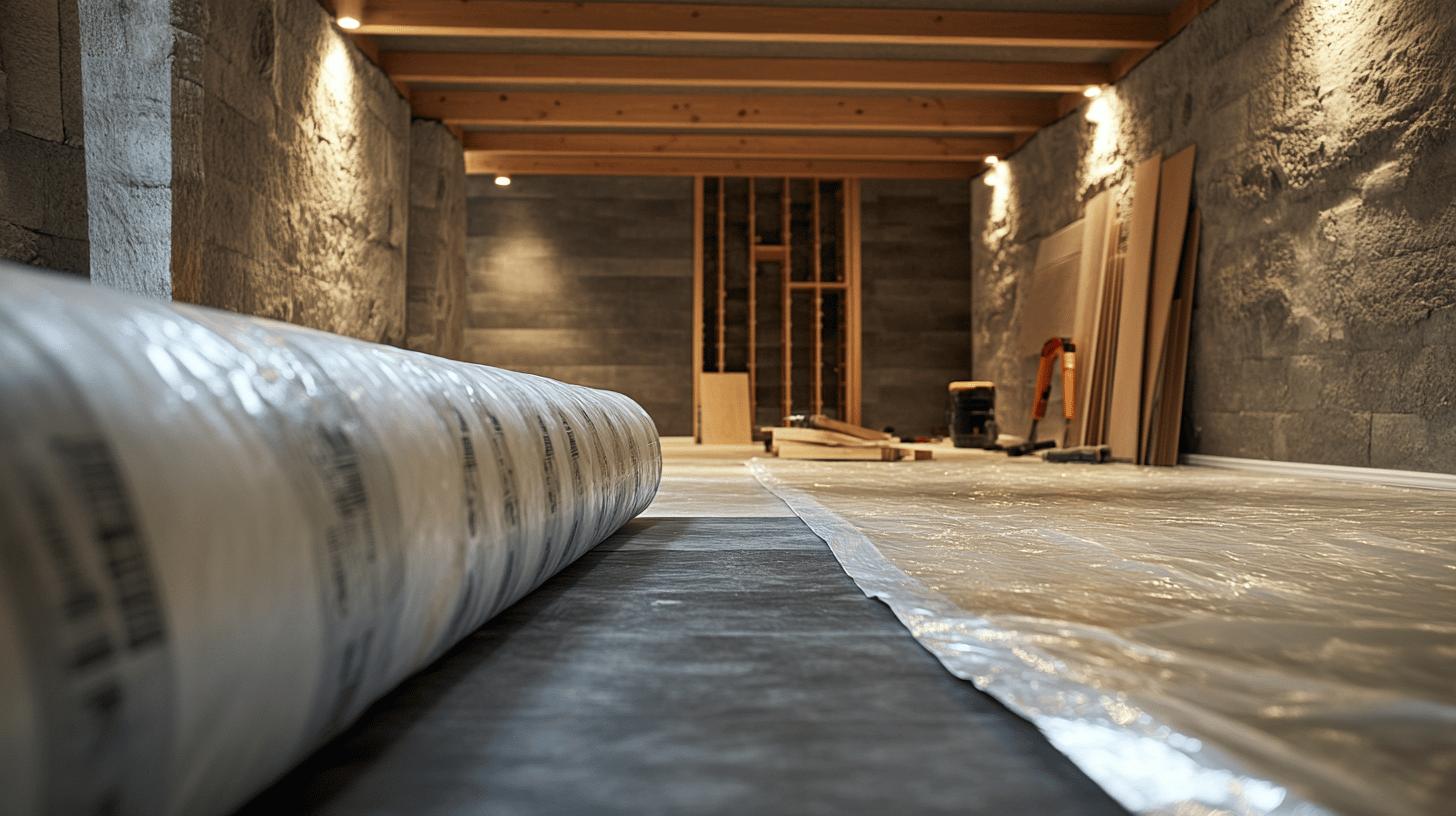
Vapor barriers and insulation are essential components in managing humidity within wine cellar flooring systems. Vapor barriers act as a protective shield, preventing moisture from penetrating the cellar from below. This is crucial in maintaining the ideal humidity levels necessary to preserve wine quality. Insulation complements vapour barriers by maintaining a consistent temperature, thus enhancing overall humidity control. Together, these elements create a stable environment that minimises the risk of cork shrinkage and wine spoilage, ensuring the cellar remains an optimal storage space.
- Ensure the subfloor is thoroughly dry before installation to prevent trapped moisture.
- Use waterproof adhesives to secure flooring materials, adding an extra layer of moisture resistance.
- Install vapour barriers beneath the flooring to block moisture ingress from the ground.
- Apply adequate insulation to maintain consistent temperature and humidity levels.
- Regularly inspect and maintain the flooring system to ensure ongoing effectiveness.
Properly implemented specialized solutions are vital in preventing cellar dampness, as they address potential moisture risks at their source. By ensuring the subfloor is dry and using waterproof adhesives, one can effectively mitigate water damage. These measures are paramount in preserving the structural integrity of the wine cellar and protecting valuable wine collections.
By focusing on these advanced humidity control methods, cellar owners can achieve a balance between functionality and preservation. This not only safeguards the wine but also reduces the need for extensive maintenance, providing peace of mind and ensuring that the wine cellar remains a carefully controlled environment.
Installation Tips and Professional Recommendations
Professional installation is crucial when it comes to wine cellar flooring. Ensuring the correct techniques are applied from the start can prevent future issues such as moisture damage and structural instability. Using skilled professionals like those at Ryan’s Restoration guarantees adherence to industry standards, which is vital for maintaining the integrity and value of the wine collection.
- Ensure a dry subfloor: A dry base prevents trapped moisture that could damage the flooring.
- Select moisture-resistant materials: Choose flooring that withstands cellar humidity.
- Use waterproof adhesives: These provide an additional moisture barrier.
- Install vapour barriers: They prevent moisture ingress from below the flooring.
- Incorporate adequate insulation: Helps maintain consistent temperature and humidity.
- Conduct regular inspections: Routine checks ensure the flooring remains effective.
The expert installation offers numerous benefits, including reduced maintenance needs and enhanced protection for wine collections. Customer testimonials often highlight the long-term peace of mind and cost savings achieved by investing in professional services like Ryan’s Restoration. By leveraging their expertise, cellar owners can ensure their flooring withstands the test of time, preserving both the structure and the valuable wines stored within.
Comparing Flooring Options: Hardwood vs. Tile
When comparing hardwood and tile flooring for wine cellars, durability and moisture resistance are crucial considerations. Tile flooring, including stone and ceramic options, is renowned for its exceptional durability and moisture resistance. These qualities make tile an ideal choice for wine cellars, where maintaining consistent humidity levels is essential. Tiles are less susceptible to warping or swelling, even in the damp conditions typical of cellars. In contrast, hardwood, while aesthetically pleasing, may not be suitable due to its vulnerability to humidity-induced damage. High moisture levels can cause the hardwood to warp and expand, compromising both its appearance and structural integrity.
- Moisture resistance: Tile is inherently more resistant to moisture than hardwood.
- Durability: Stone and ceramic tiles are more durable in cellar conditions.
- Maintenance needs: Tile requires less maintenance than hardwood in humid environments.
- Cost considerations: Tiles can be more cost-effective in the long term due to lower maintenance.
- Aesthetic preferences: While hardwood offers warmth and elegance, tile provides a range of design options.
Aesthetically, both tile and hardwood offer distinct advantages. Tile flooring provides a wide array of design possibilities, from classic stone finishes to modern ceramic styles, allowing cellar owners to match their design preferences precisely. While hardwood flooring imparts a warm and traditional feel, it demands careful maintenance to preserve its appearance in a humid cellar environment. Ultimately, the choice between hardwood and tile should balance aesthetic desires with practical considerations such as humidity impact and long-term maintenance needs, ensuring the wine cellar remains both functional and visually appealing.
The Role of Technology in Wine Cellar Flooring
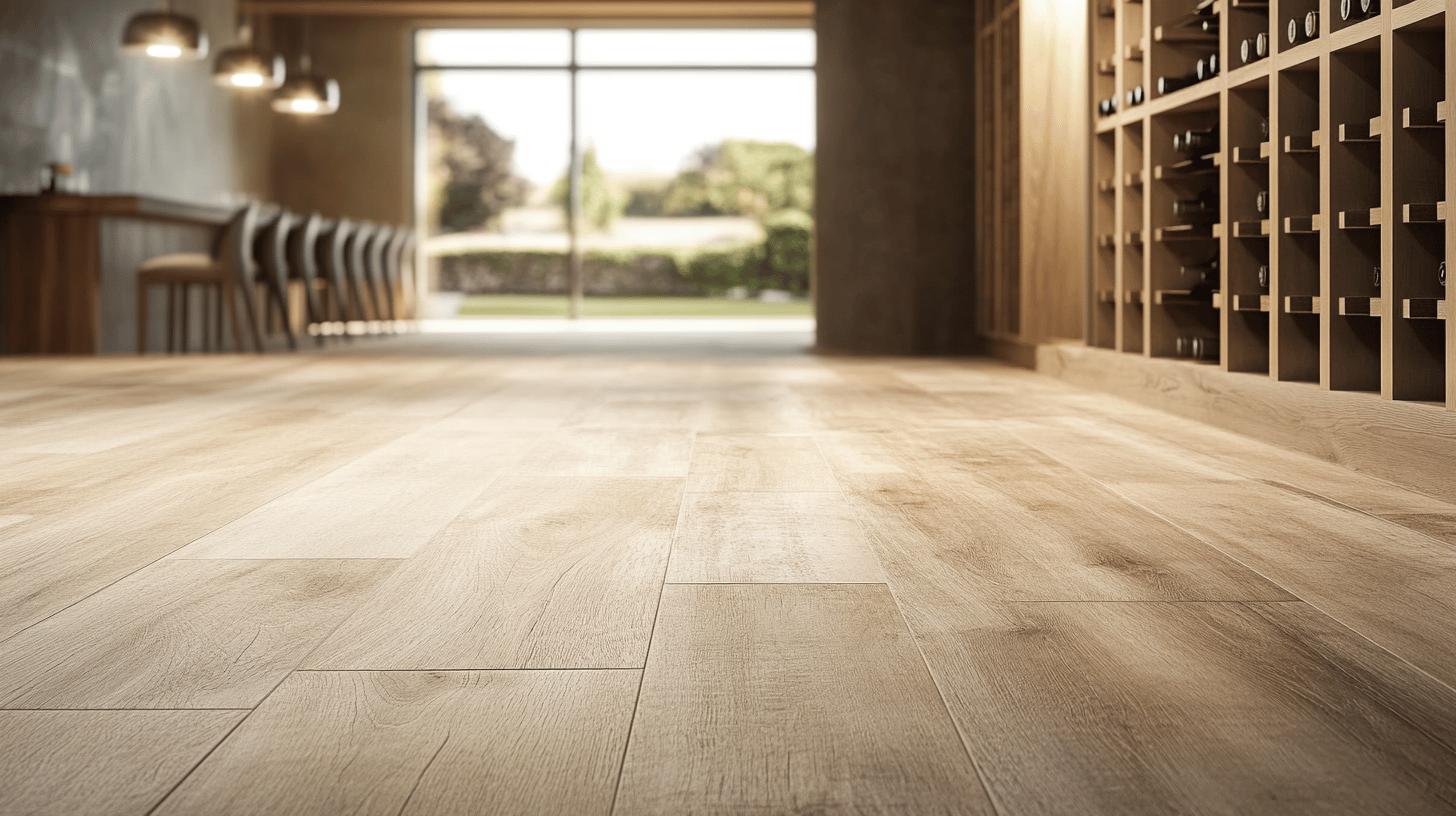
Incorporating technology into wine cellar flooring systems has revolutionised how humidity is managed to preserve wine quality. Modern technological integrations, such as smart sensors and automated climate control systems, are now embedded within flooring solutions. These innovations enable precise monitoring and regulation of humidity levels, ensuring they remain within the ideal range of 50% to 70%. By integrating these systems, wine cellar owners can maintain the necessary conditions to protect their collections from spoilage due to improper humidity.
The use of smart technology and humidity monitoring systems offers several benefits in enhancing wine storage conditions. These systems provide real-time data and alerts, allowing owners to make swift adjustments to maintain optimal conditions. The ease of monitoring through mobile apps or smart home interfaces means that wine enthusiasts can manage their cellars remotely, ensuring that their valuable collections remain safe and well-preserved at all times.
Final Words
Ensuring the right wine cellar flooring is vital for maintaining optimal humidity and protecting the integrity of the wine.
Various flooring materials, including stone, tile, and sealed concrete, offer moisture resistance and durability, critical for maintaining the delicate balance of humidity. Specialized solutions, such as vapour barriers and insulation, further enhance the environment by preventing excess moisture.
Proper installation guided by professionals like Ryan’s Restoration ensures longevity and protection for valuable wine collections. Advanced technology adds a layer of precision in monitoring conditions. Wine cellar flooring: specialized solutions for humidity control offer homeowners peace of mind and an enriched wine storage experience.
FAQ
Q: How do I lower the humidity in a wine cellar?
A: To lower humidity in a wine cellar, consider installing a dehumidifier or air conditioner designed for wine storage. Regularly monitor humidity levels and ensure proper ventilation.
Q: Do you need a vapour barrier in a wine cellar?
A: Yes, a vapour barrier is essential in a wine cellar to prevent moisture ingress. It helps maintain a consistent humidity level, protecting the wine quality and cellar integrity.
Q: How do you ventilate a wine cellar?
A: A wine cellar is ventilated using a ventilation system to regulate airflow and humidity. Proper ventilation helps prevent mould and maintains air quality, which is crucial for preserving wine.
Q: What are the best wine cellar cooling units?
A: The best wine cellar cooling units are those that efficiently maintain the required temperature and humidity. Consider features like energy efficiency and noise levels when choosing.
Q: How do you turn a room into a wine cellar?
A: Turning a room into a wine cellar involves controlling temperature and humidity. Install appropriate insulation, vapour barriers, and a cooling system to create an ideal storage environment.
Q: How do you reduce humidity in a wine fridge?
A: To reduce humidity in a wine fridge, use a humidity control feature if available. Ensure door seals are intact and avoid storing overly wet items inside the fridge.
Q: What are common flooring materials for wine cellars?
A: Common flooring materials for wine cellars include stone, tile, and sealed concrete, which are known for their moisture resistance and durability. Consider cost and maintenance needs when choosing.
